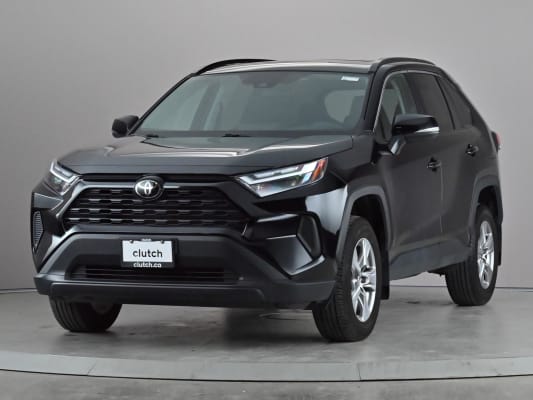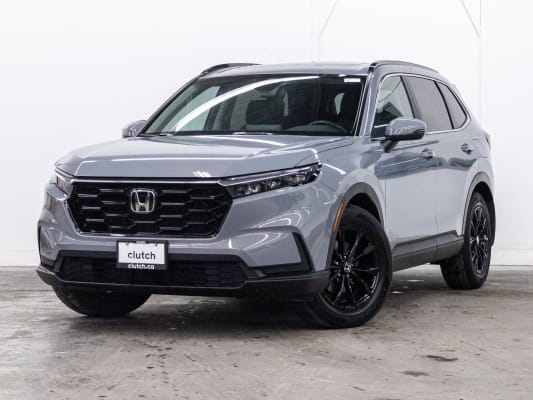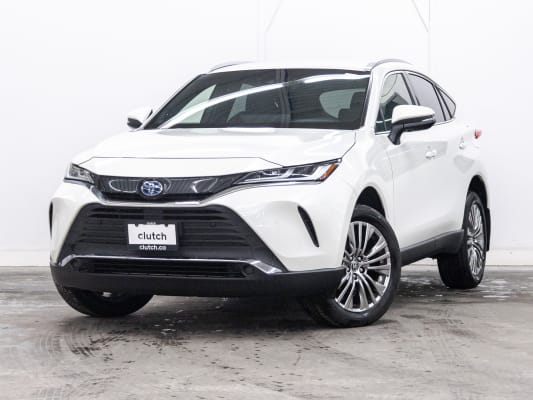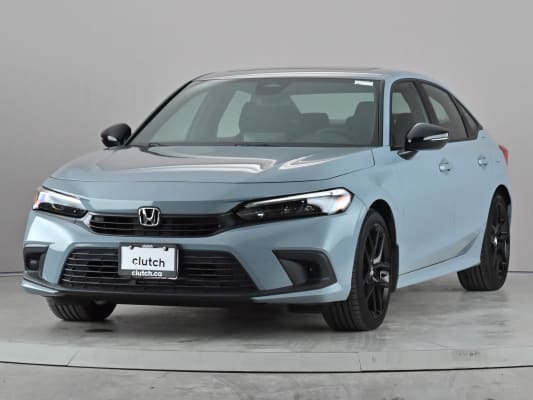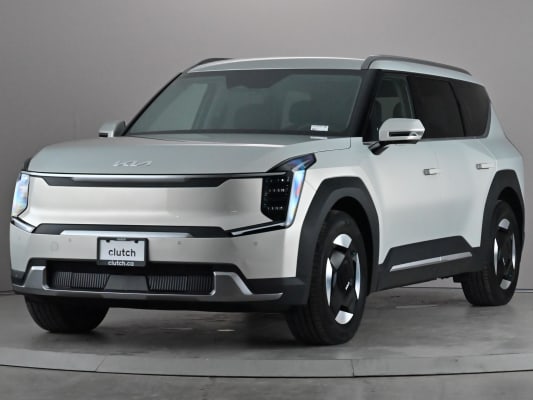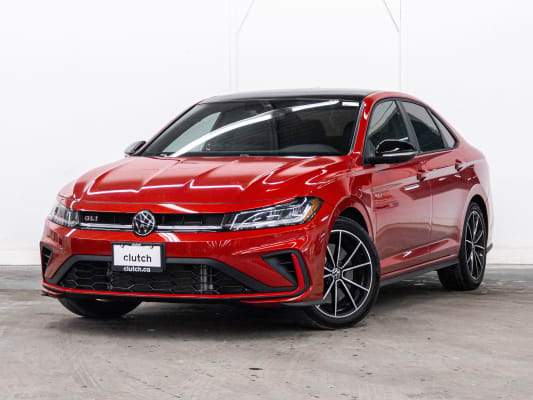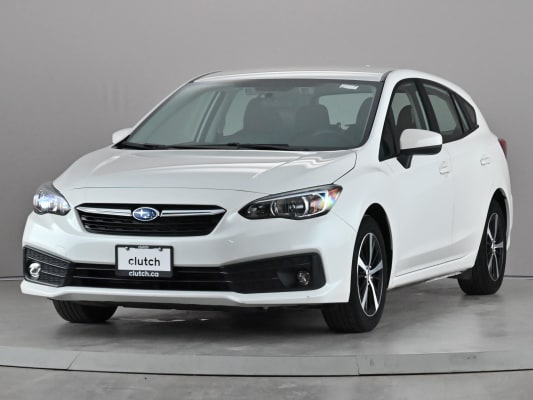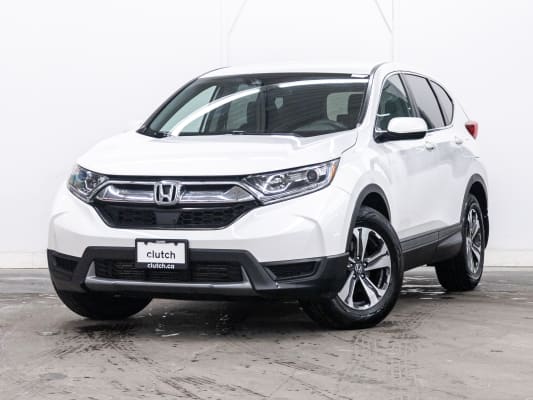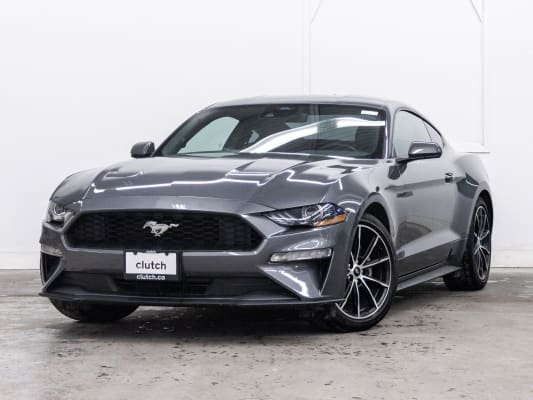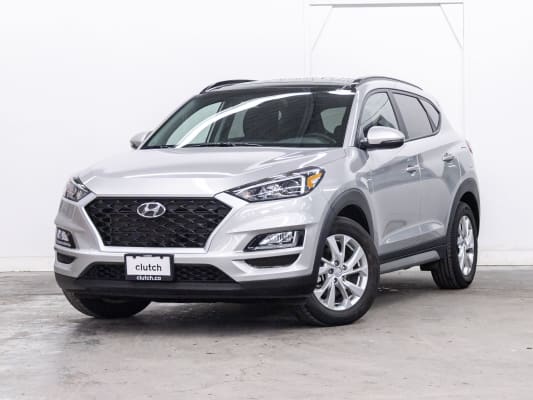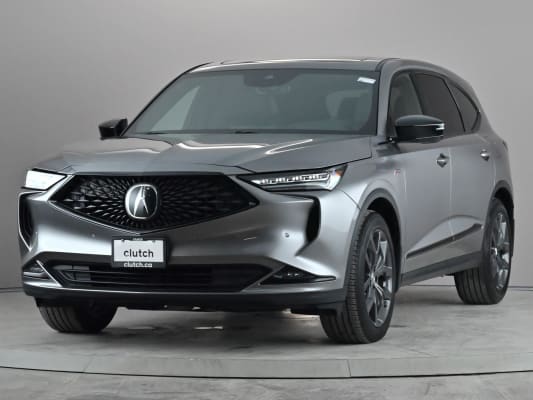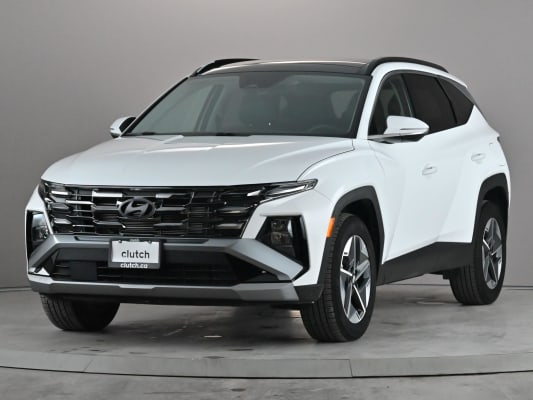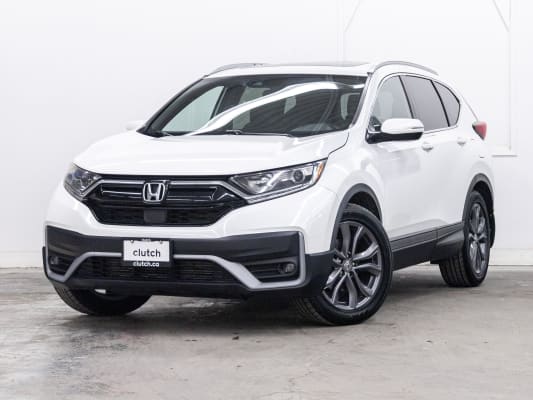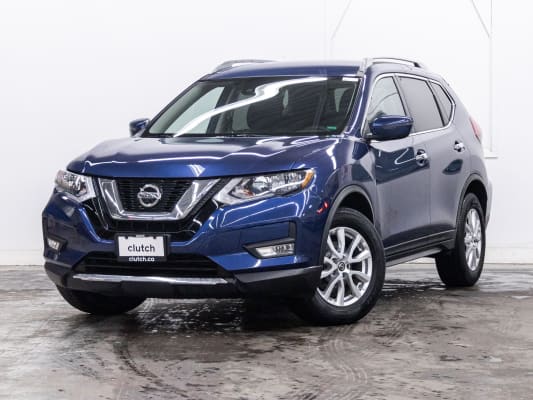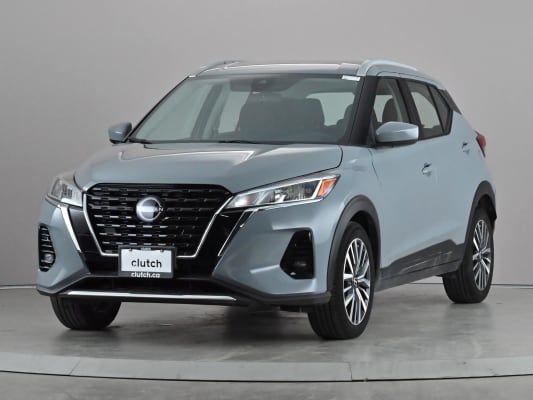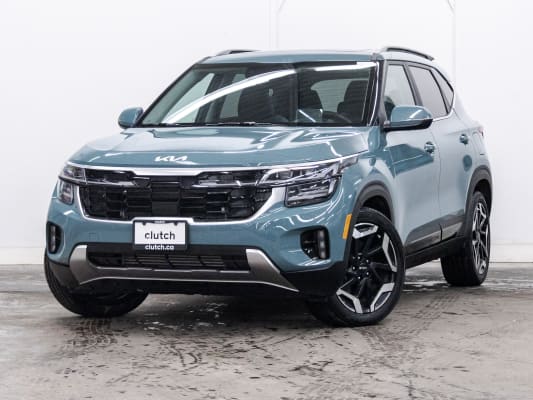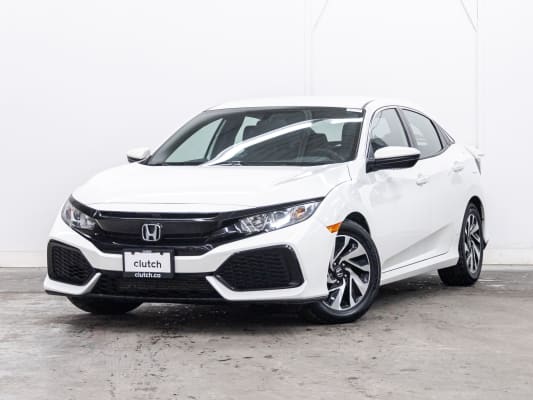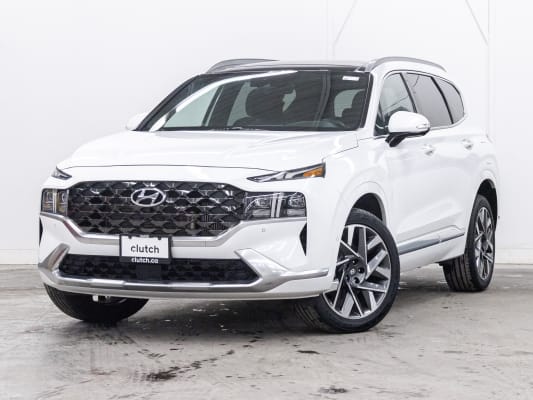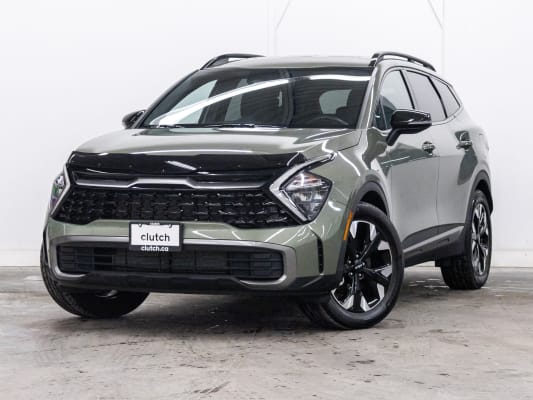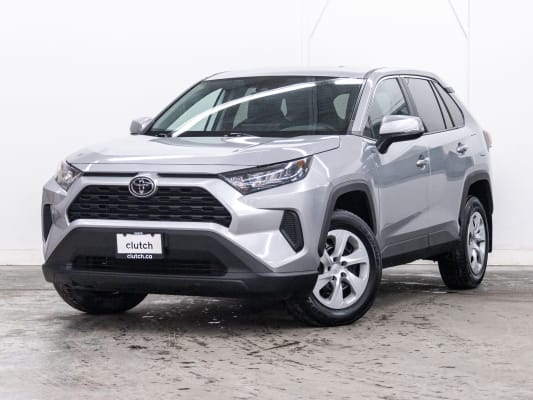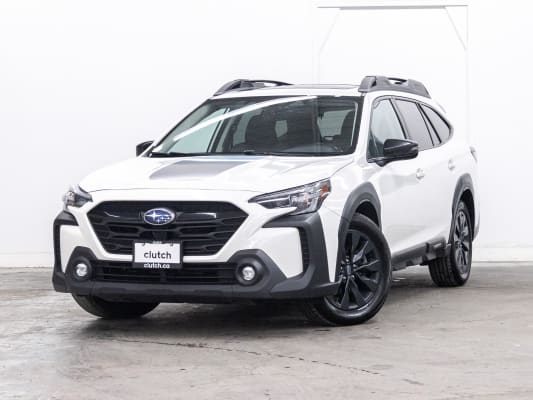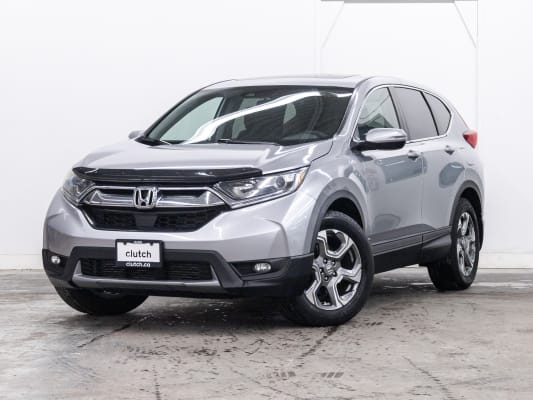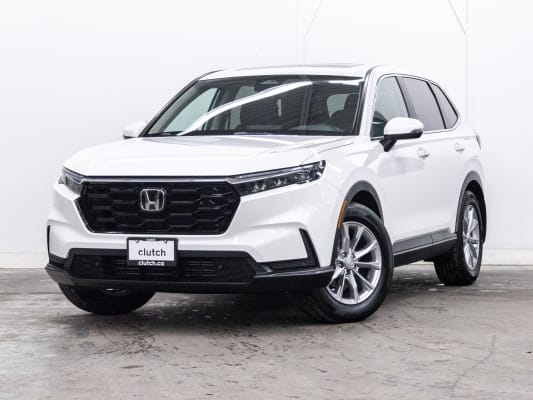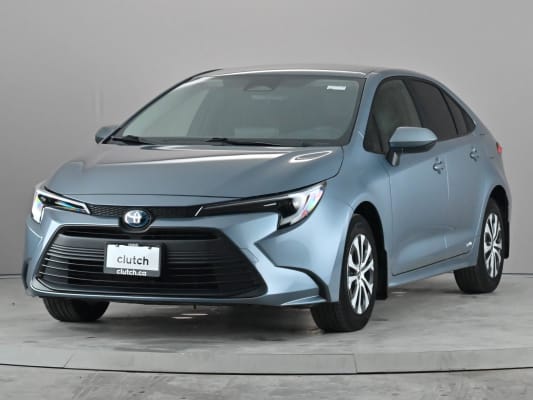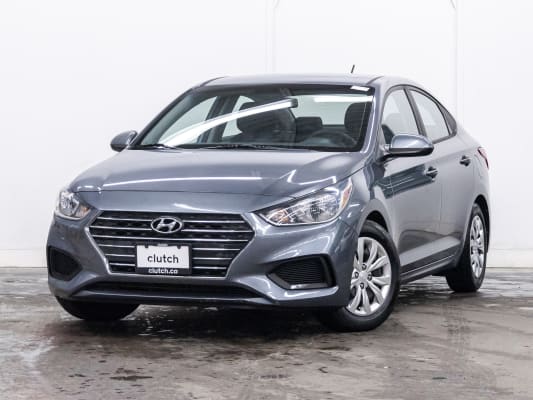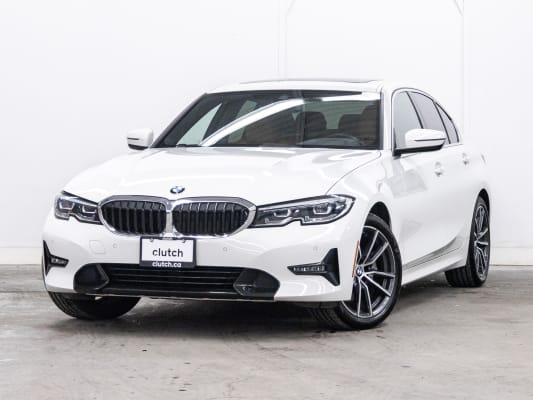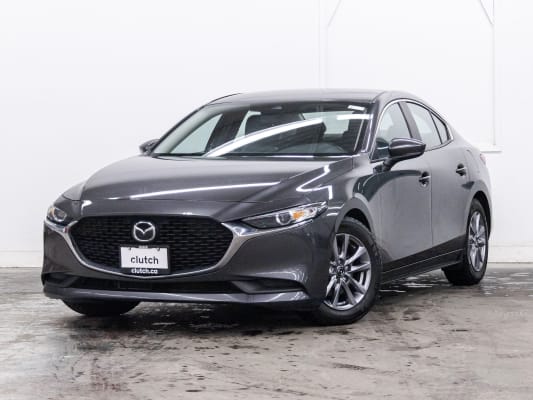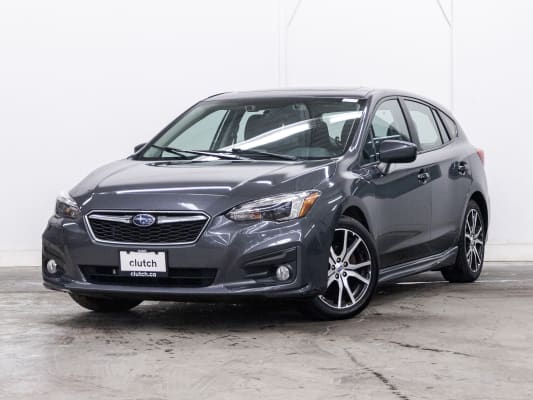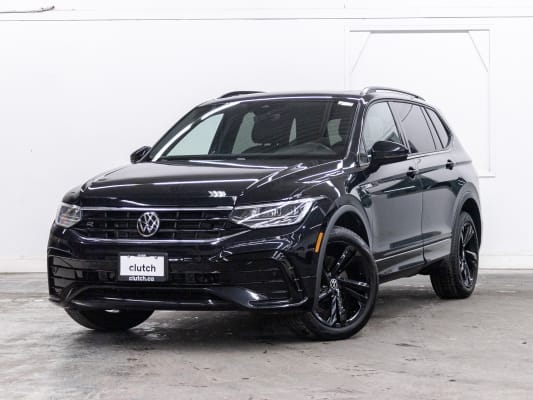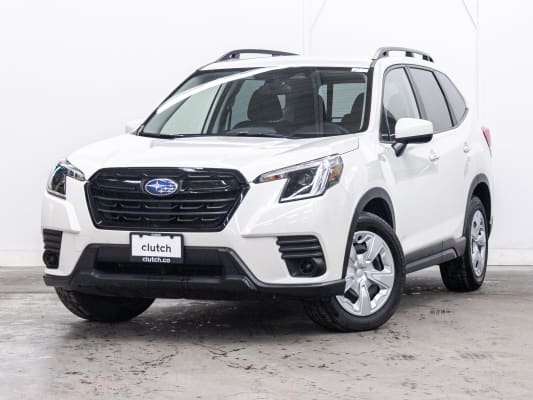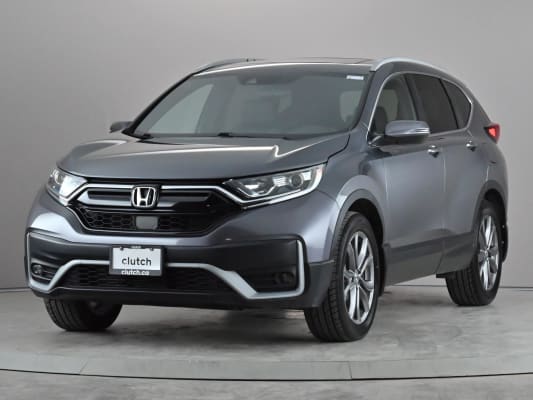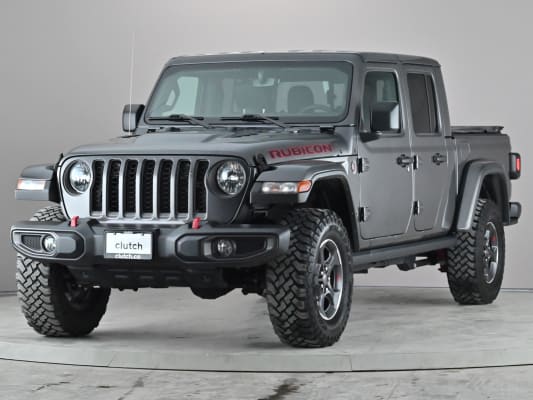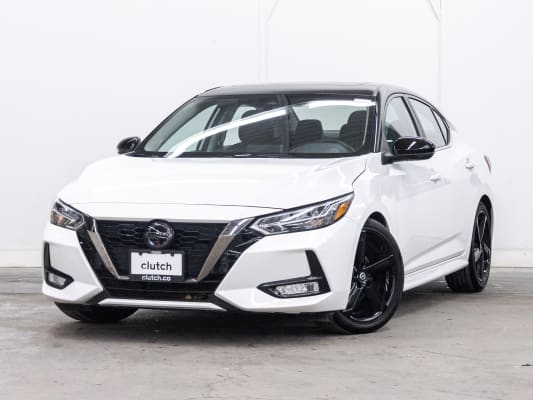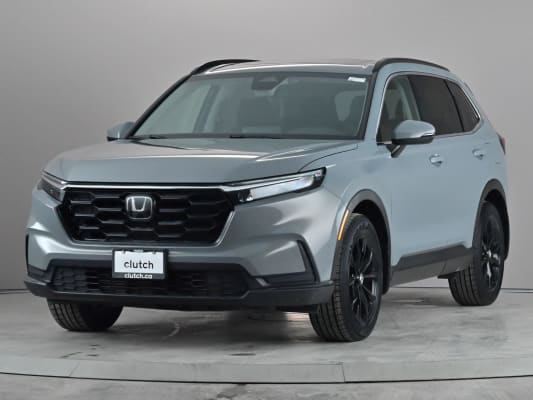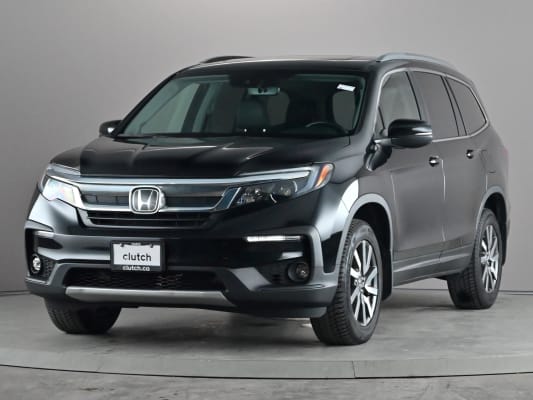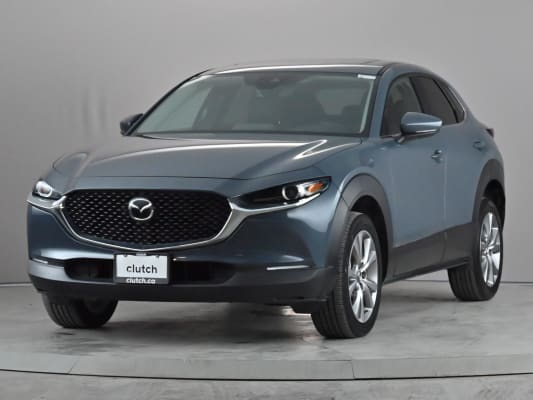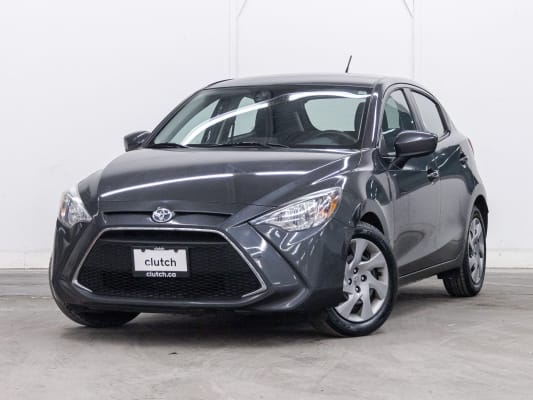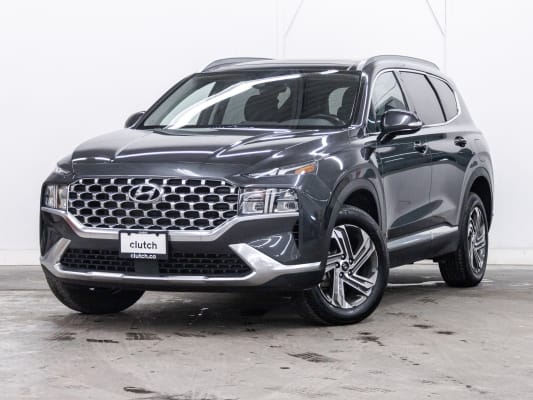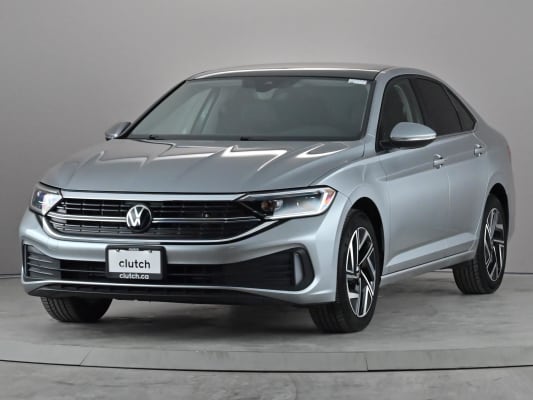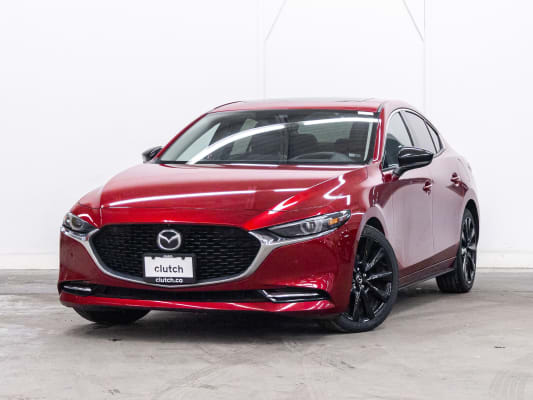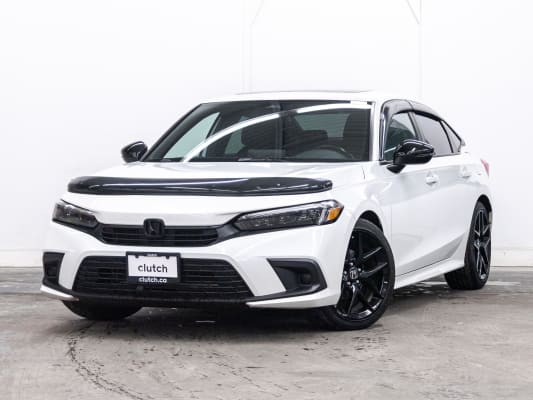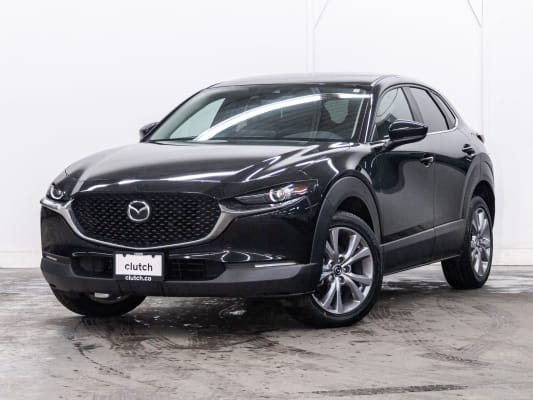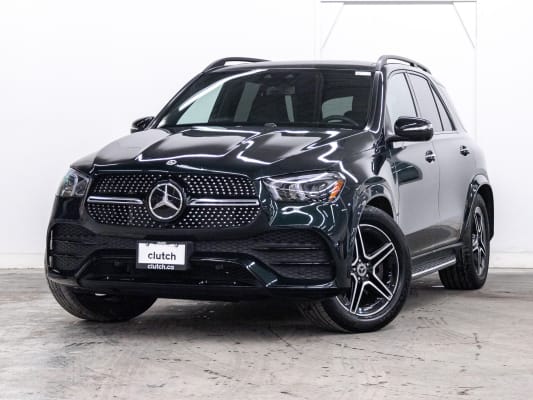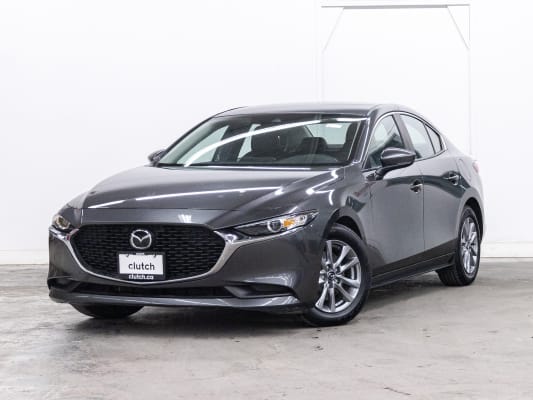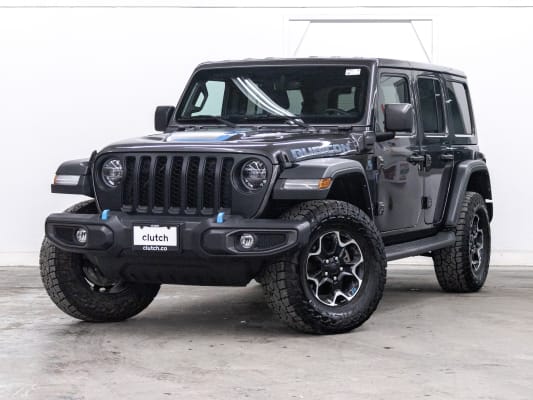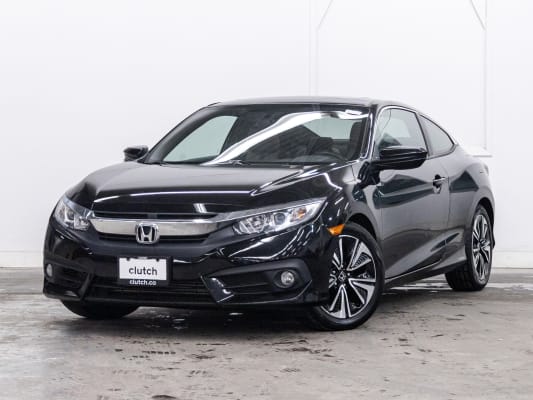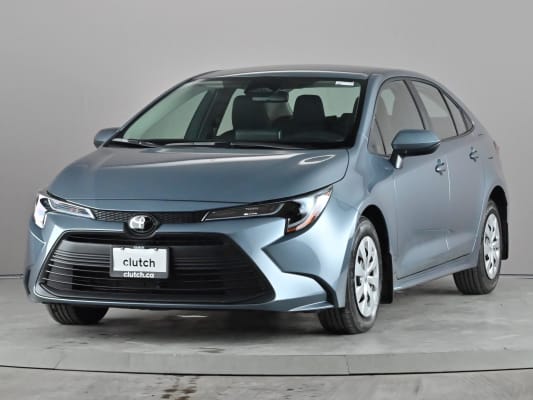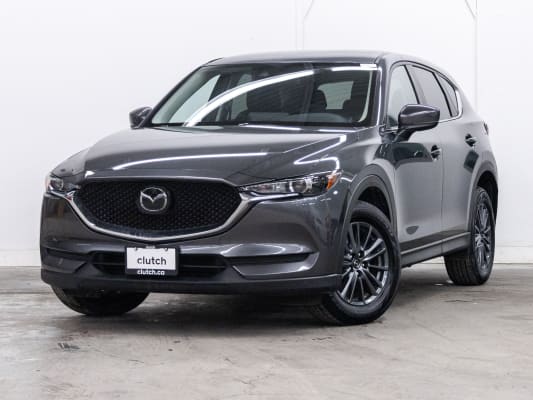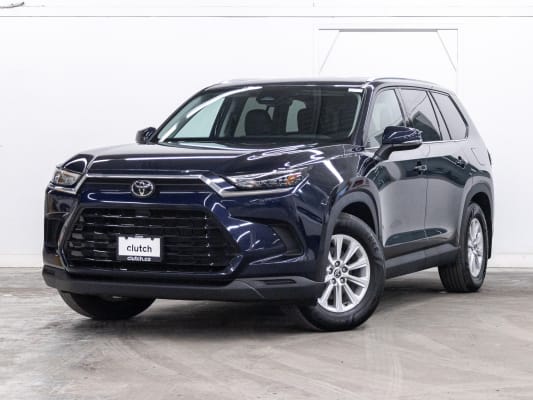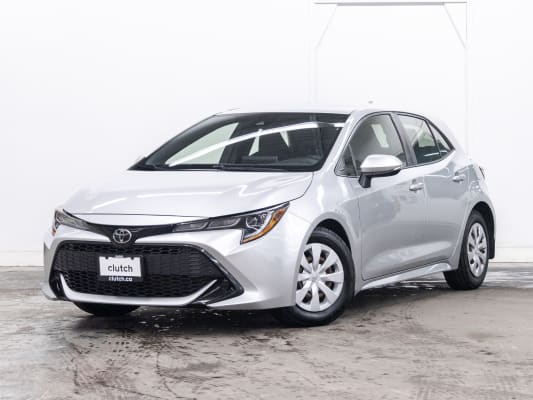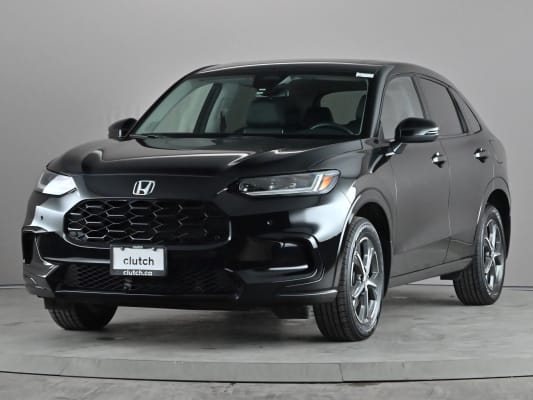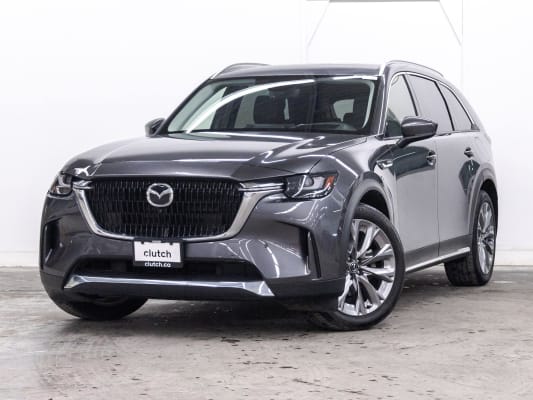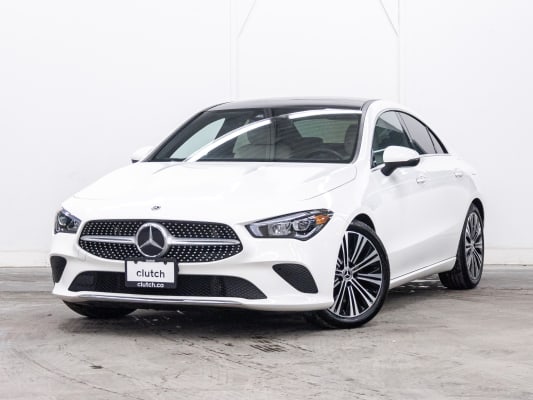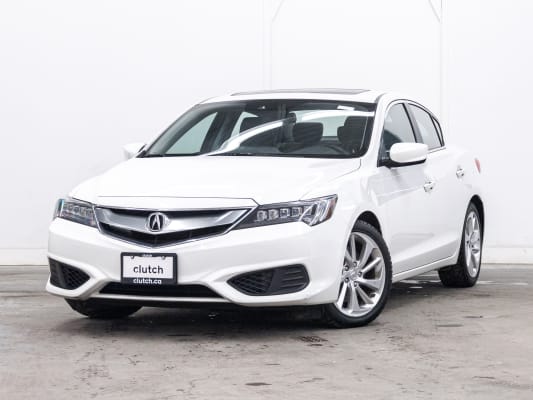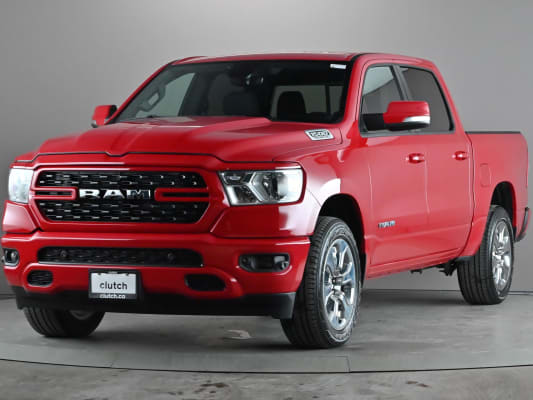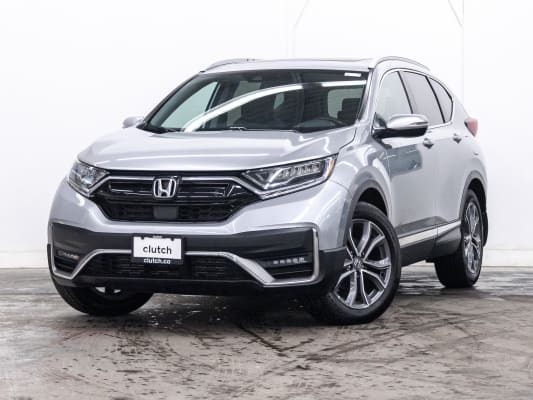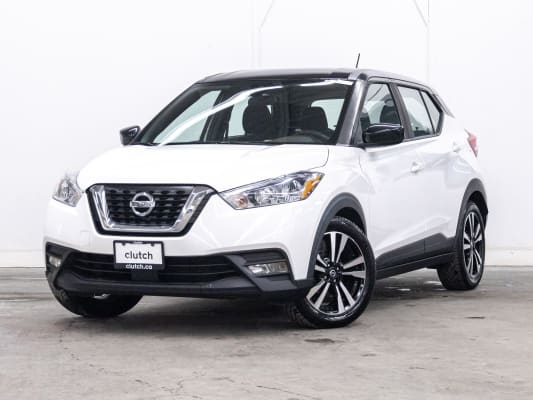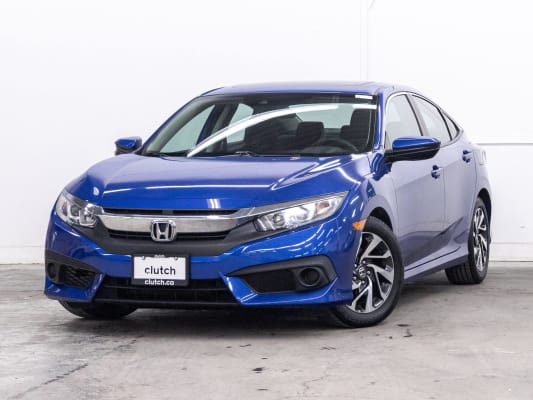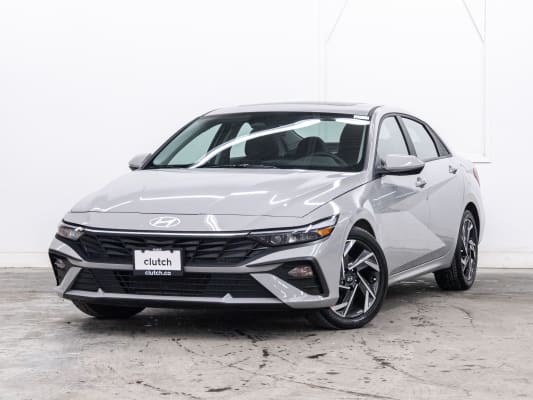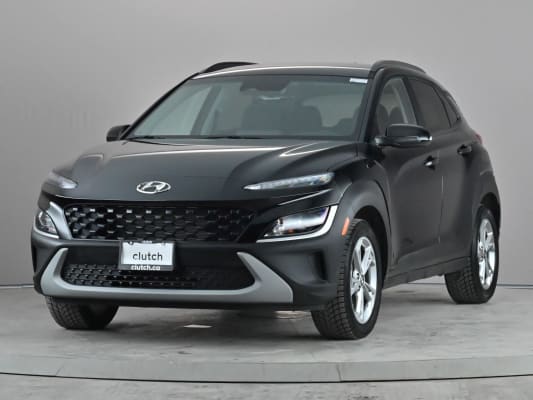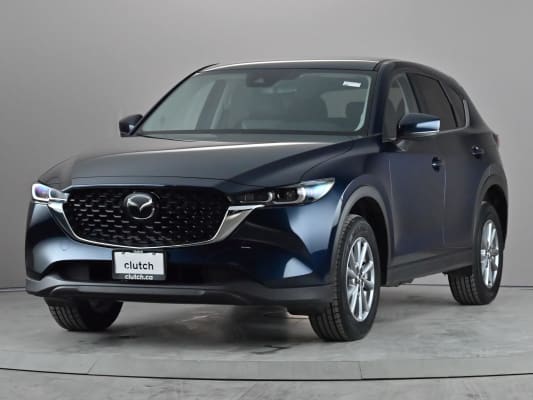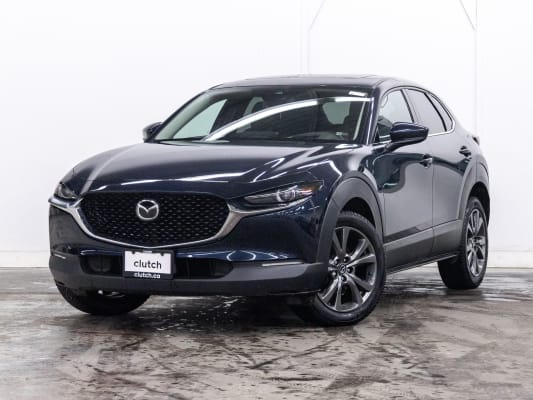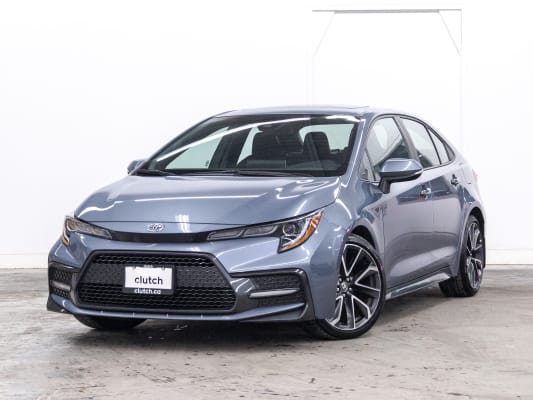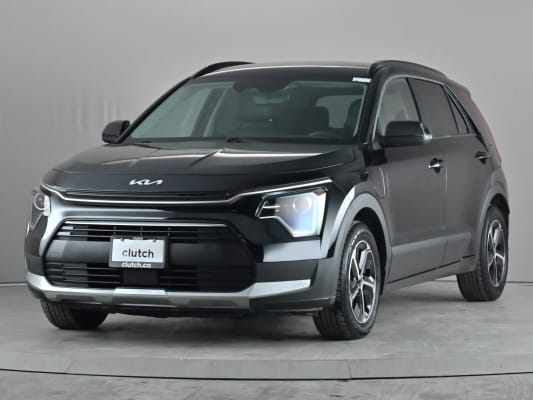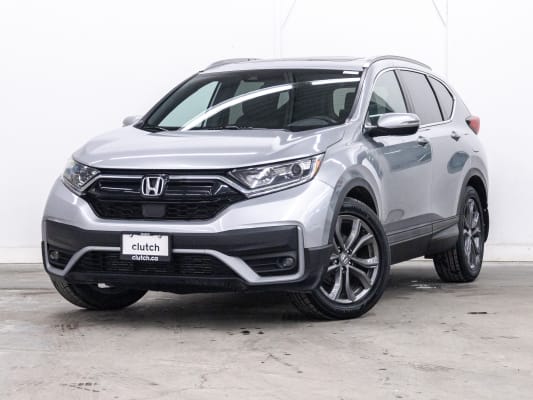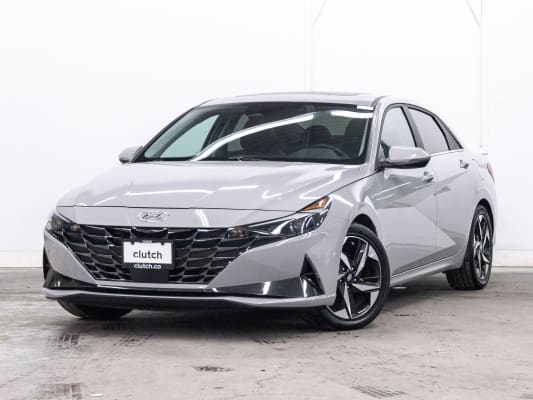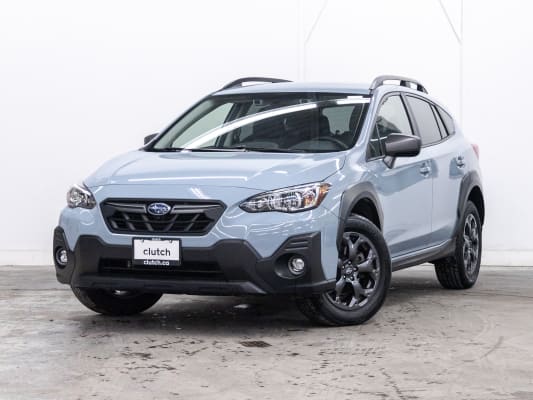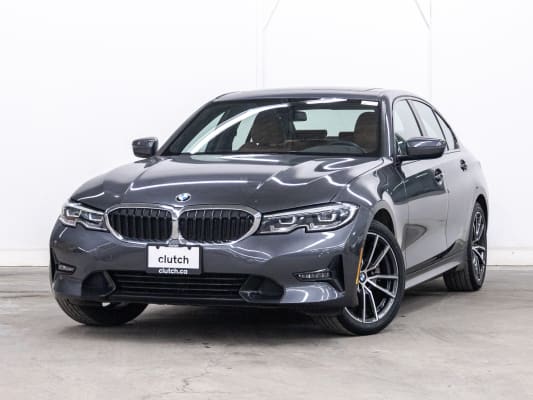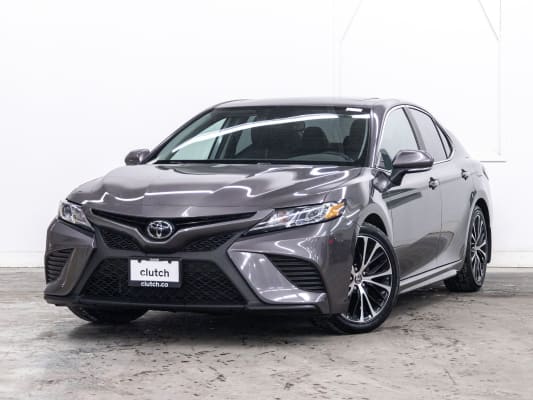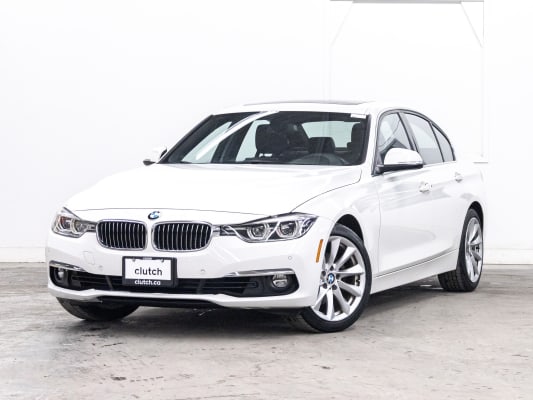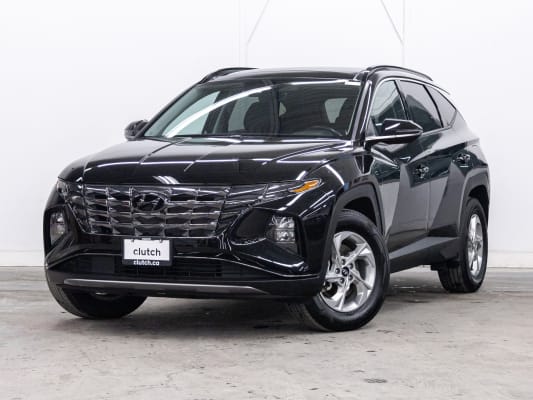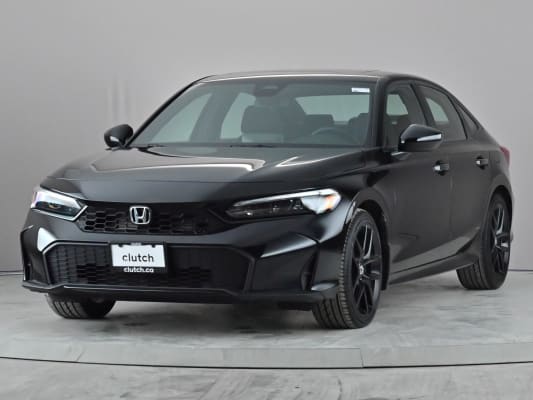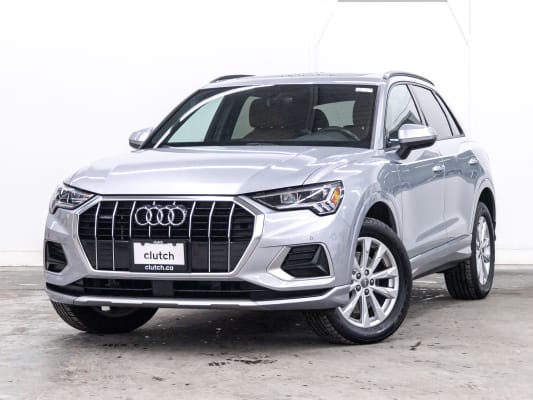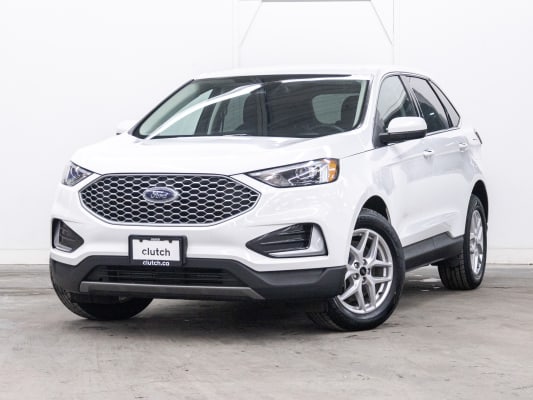Planning to buy or sell a used car in Ontario? Then understanding the Ontario tax on used vehicles is non-negotiable. Many buyers focus on the price of the car itself but forget about the additional costs, like sales tax, which can significantly impact the final amount you pay.
You want to avoid surprises and potentially save money, whether you're purchasing from a dealership or a private seller. And knowing how sales tax works helps.
In this guide, we’ll break down how the vehicle tax in Ontario applies to used cars, when and how it's calculated, exemptions you might qualify for, and tips to reduce your tax burden.
What is Car Sales Tax in Ontario?
Car sales tax in Ontario falls under the Harmonized Sales Tax (HST) system. The province has a 13% HST for most vehicle transactions, including new and used cars. However, how and when you pay this tax depends on where you buy the car.
For new cars, the 13% HST is automatically included in the dealership price. But for used cars, things can get a little more complicated. If you're buying a used vehicle from a dealer, the HST is still added at checkout.
But if you’re purchasing from a private seller, the Ontario tax on used vehicles is calculated differently, based on the car’s wholesale value or purchase price—whichever is higher.
When Do You Pay Sales Tax on a Vehicle?
Buying from a Dealership
When purchasing a used car from a dealership, the tax on used vehicles is straightforward. The 13% HST is included in the final purchase price, so you don’t have to worry about paying the government separately.
Buying from a dealer also includes benefits like professional vehicle inspections, financing options, and potential warranties.
If you're shopping for a used car online, trusted platforms like Clutch make the process easy by offering thoroughly inspected vehicles and transparent pricing, so there are no surprises with taxes.
Buying from a Private Seller
If you buy a used car from a private seller, you still need to pay tax, but it works differently. Instead of paying the seller, you pay the Ontario tax on used vehicles when registering the car with ServiceOntario.
Here's how it works:
- The government calculates the tax based on either the car's purchase price or its wholesale value - whichever is higher.
- If you get a great deal on a used car, you might still have to pay tax on a higher valuation set by the province.
- The tax is collected at the time of registration, so make sure to budget for it when purchasing a used car privately.
Exemptions and Special Cases
Not everyone has to pay sales tax when transferring vehicle ownership. There are certain exemptions, such as:
1. Gifted Vehicles
If you're receiving a car as a gift from a qualifying family member (spouse, parent, grandparent, sibling, or child), you won’t have to pay the vehicle tax in Ontario. However, you must provide an affidavit confirming the relationship and gift status.
2. Inherited Vehicles
If you inherit a car from a deceased family member, you may be exempt from paying tax. When registering the vehicle, you'll need to show proper documentation, such as a will or legal transfer papers.
3. Indigenous Exemptions
The transaction may be tax-exempt if the vehicle purchase occurs on a reserve and the buyer has valid Indigenous status.
Understanding these exemptions can help you legally avoid unnecessary tax payments when acquiring a used vehicle.
Tax Savings When Trading in a Vehicle
When upgrading your car, trading it in at a dealership can lower your sales tax. Here’s how it works:
- When you trade in a car, its value is deducted from the new vehicle's purchase price.
- You only pay tax on the remaining balance, not the full price of the new car.
For example:
- New car price: $30,000
- Trade-in value: $10,000
- Taxable amount: $20,000
- HST (13%): $2,600
This can be a great way to save money compared to selling your car privately, where you'd pay the full tax on your next purchase. Our Sell or Trade service makes it easy to get a competitive offer on your trade-in, ensuring you maximize your savings.

How is Sales Tax Calculated?
Calculating sales tax isn't always straightforward. Factors like vehicle valuation can impact your total cost.
Private Sales: Wholesale Value vs. Purchase Price
Calculating sales tax isn't always straightforward. Factors like vehicle valuation can impact your total cost. Resources like the Canadian Black Book can help you determine fair market value.
Example Calculation
- You buy a used car from a private seller for $8,000
- The Canadian Black Book values the car at $10,000
- You’ll be taxed on $10,000 (not $8,000), resulting in $1,300 in HST
This is why checking a car's wholesale value before making an offer is important, so you’re prepared for the tax you’ll owe.
Dealer Purchases: Added Fees
When buying from a dealership, the vehicle tax in Ontario is applied to the total price, including:
- The car’s base price
- Any added dealer fees (e.g., admin fees)
- Optional add-ons like extended warranties
Using tools like Clutch’s Car Loan Calculator can help you estimate your total cost, including tax, so you know exactly what to expect.
Note: Aside from sales tax, other fees can increase the cost of your vehicle purchase. Some dealerships may charge:
- Documentation fees
- VIN etching fees
- Freight and PDI (Pre-Delivery Inspection) fees
These costs are not taxed separately but are included in the total purchase price, meaning you'll pay tax on them as well. Always review the final bill of sale before committing to a purchase.
Tips to Save on Sales Tax
While you can't avoid paying sales tax entirely, there are several strategic approaches to minimize your tax burden when purchasing a used vehicle in Ontario. Here are some proven methods to help you save:
1. Consider Vehicles That Hold Their Value
Cars with strong resale value can help you avoid steep depreciation, meaning you'll pay a fairer tax amount when selling or trading in. Looking at the best-selling vehicles in Canada can give you an idea of which models hold value best.
2. Trade In Instead of Selling Privately
As discussed earlier, trading in your car reduces the taxable amount on your next purchase. You only pay HST on the difference between the new car’s price and your trade-in value, making it one of the most effective ways to cut tax costs.
When trading in multiple vehicles, combine them into a single transaction to maximize your tax savings. Some dealerships also offer trade-in bonuses during specific promotions, which can further reduce your taxable amount.
3. Understand Lease Buyouts
If you're buying out a leased vehicle, you’ll likely have to pay HST on the buyout amount. If possible, negotiate this into your lease terms upfront to minimize extra costs.
4. Be Aware of Hidden Fees
Some dealerships charge additional fees that increase your total taxable amount. Shopping with a transparent platform like Clutch ensures you only pay what’s necessary—no hidden charges.
Review all fees carefully and negotiate to remove unnecessary charges before finalizing the purchase. Remember that every dollar added to the purchase price means additional tax you'll need to pay.
Plus, dealerships often bundle taxes into financing, allowing you to spread out the payments over time. While this can make the purchase more manageable, you might pay interest on the tax portion if it's included in your financing.
5. Research Vehicle History
Investigate the vehicle's history thoroughly before purchase. Cars with accident histories or significant repairs typically have lower wholesale values, which can result in lower tax assessments when buying privately. However, ensure you're not sacrificing vehicle quality just to save on taxes.
6. Consider Cross-Province Options
While you'll still pay Ontario HST, some provinces may have lower vehicle prices due to market conditions or inventory levels. If you live near a provincial border, research prices in neighbouring provinces – the savings might outweigh the transportation costs and offset the tax burden.
7. Avoid Fraud When Buying Privately
When buying from a private seller, there’s always a risk of fraudulent transactions. Some sellers undervalue the vehicle on the bill of sale to help buyers reduce tax payments.
However, if the government finds out, you could be forced to pay the difference—and even face penalties. Always double-check the vehicle’s wholesale value and get a proper receipt when purchasing.

Save Money on Your Used Car Purchase
Understanding Ontario tax on used vehicles is less about finding loopholes and more about making informed financially sound decisions. With this new knowledge, you transform a potentially stressful experience into an empowering one.
Remember, every dollar saved in tax is a dollar you can invest in your new (used) vehicle or future automotive purchases.
Need a hassle-free car shopping experience with clear pricing and no surprises? Clutch offers an easy, 100% online way to buy, sell, or trade in your vehicle—without the guesswork. Browse our inventory and experience the Clutch difference.


.avif)
.avif)
.avif)
.avif)

_Thumbnail.avif)
